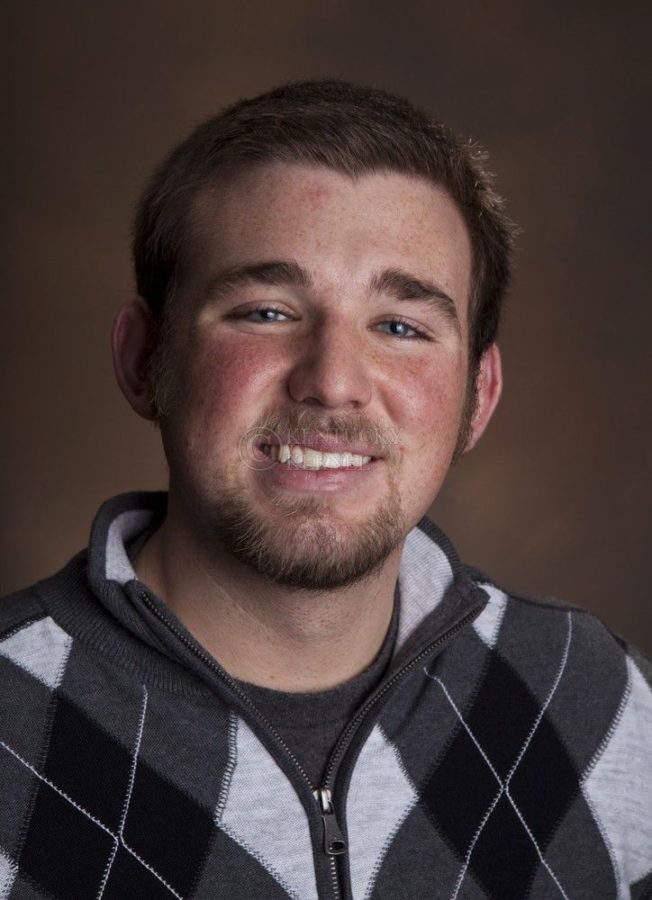Long way to go before atheists are accepted
April 14, 2016
Atheists often get a bad wrap in society. America is a historically religious country, and atheists are often viewed as a threat to the traditional mindset of many Americans.
Atheists are viewed as amoral, snarky and less ethical than religious people. However, a closer look tells a different story.
Within the U.S., the highly religious “Bible Belt” states, like Louisiana and Alabama, tend to have the highest violent crime rates while secular states like Vermont and Oregon tend to have the lowest.
Atheists are also underrepresented in the U.S. prison population — 0.2 percent compared to about 3 percent of the general population — and secular marriages even have lower divorce rates than religious marriages.
Even atheists at UK dispel the negative stereotypes about the group. A survey of political and religious beliefs of UK students conducted by the Kentucky Kernel found that there is a statistically significant change in distribution of non-religiosity for underclassmen (freshmen and sophomores) compared to upperclassmen (juniors and seniors).
Upperclassmen are more often nonreligious (32.2 percent to 27 percent), indicating that there is a correlation between higher education and irreligiosity.
Ben Augustine, who was at UK during his graduate studies and served as the first president of the Secular Student Alliance, said he was able to openly express his atheistic beliefs without facing negative repercussion. Augustine said the worst form of discrimination was being un-friended on Facebook, but this doesn’t necessarily mean other atheists don’t face harsher discrimination.
Augustine said he became an atheist at age 14 after he “realized that was an option.”
“I was never devoutly religious. I was raised in the Episcopal Church and my parents weren’t very religious,” Augustine said. “I believed in God and went through the confirmation process at age 14 but never took it very seriously.”
A 2006 study at the University of Minnesota found that atheists were by far the most distrusted minority in the U.S., more than Muslims and recent immigrants.
Augustine said many of the texts in Abrahamic religions, like Christianity, do not speak highly of non-believers.
“Our existence is a challenge to the identities of the majority of Americans who do believe in God,” Augustine said. “We believe what the majority of Americans devote their lives to — to varying degrees — is false.”
SSA Vice President Joseph Ferguson said he has also had generally positive experiences on campus, but it depends on the environment and situation the students face.
“Most of my friends are in the sciences, and religion doesn’t seem to be much of an issue,” Ferguson said. “For my atheist friends in other areas of study, such as education or business, their peers tend to be more conservative and religious, which can lead to situations in which they feel unwelcome.”
While it is encouraging to see a growing level of acceptance for atheist and secular students on campus, society still has a long way to go before nonreligious Americans are treated as equals.
Cheyene Miller is the managing editor of the Kentucky Kernel.
Email opinions@kykernel.com
































































































































































